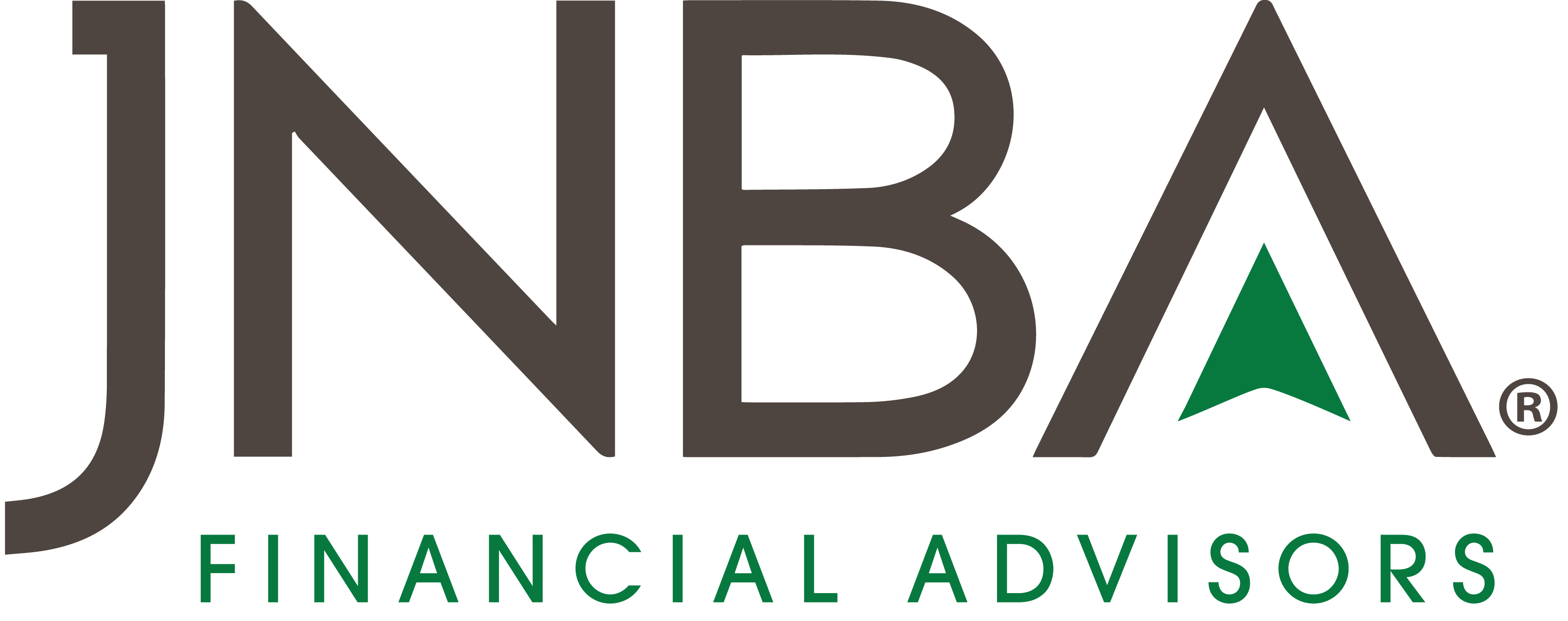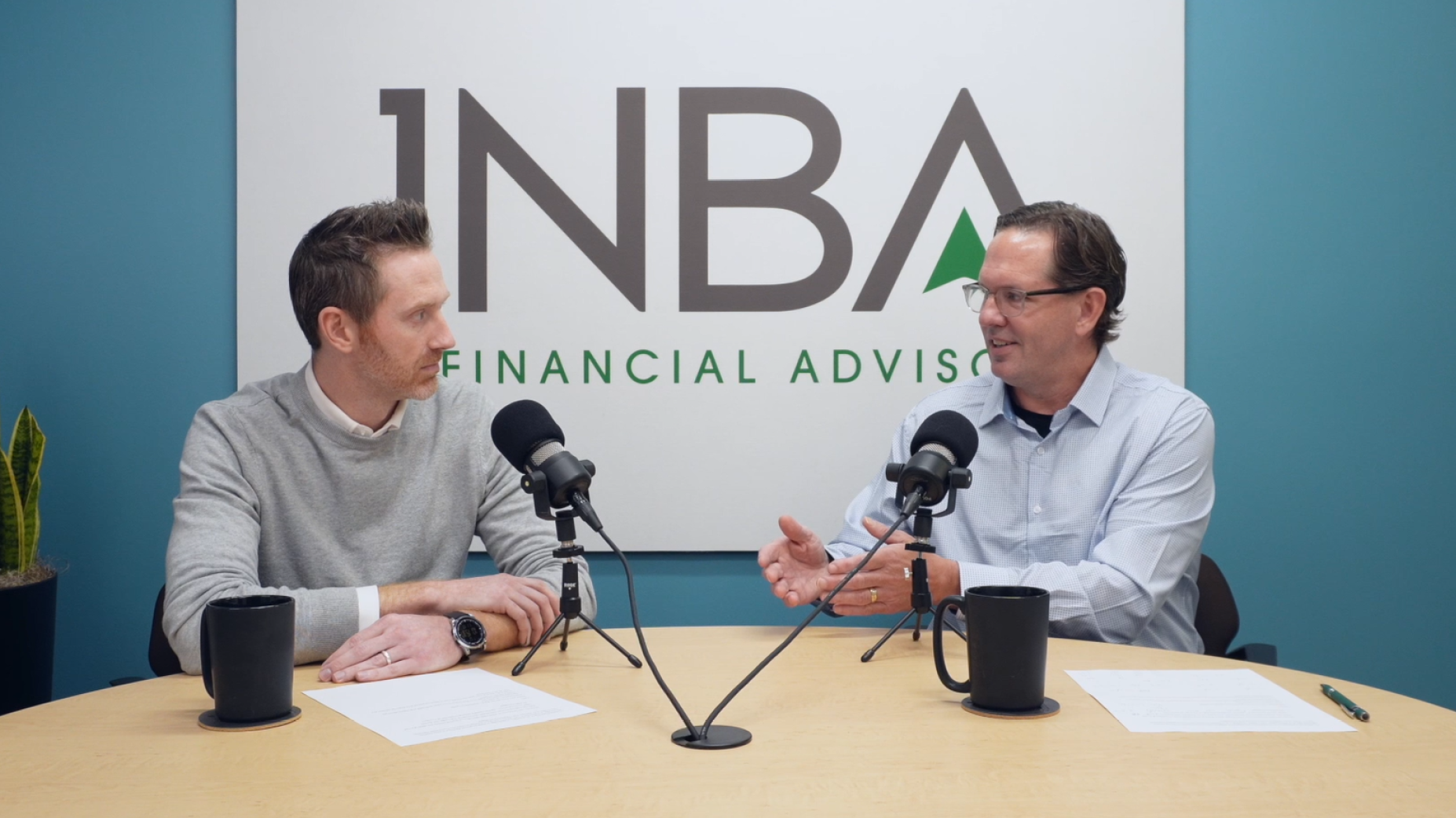Buying a second home can be an alluring prospect. Before you decide to purchase one, there are several items to consider. These include the costs associated with owning a second home, the attributes of the home, its rental potential (if you plan to rent it out when you are not using the property), and the income tax treatment. There is also the legacy and inheritance consideration, depending on how long you plan to own the property. To get started on the many considerations, here are six questions to ask yourself before buying a second home:
1. Does owning a second home fit into your financial life plan?
Before you buy a second home, first determine whether you can afford it. Even if you can rent it out or deduct part of the costs of ownership from your taxes, a second home is usually a luxury, not an investment. We believe it is beneficial to think of buying one to add value to your life instead of to your net worth.
Buying a second home may be right for you if:
- Owning one has been your lifelong dream, and you can now afford it.
- You’re almost ready to retire, and you plan to use the home as your primary residence in retirement (be sure to think about your future needs before you buy).
- You’ll save money on family vacations to offset the cost of the second home.
- You can recover most or all of the costs of owning the home by renting it out when you’re not using it.
- You enjoy entertaining frequent guests (like it or not, there’s a good chance that friends and family members will want to visit).
Buying a second home may not be right for you if:
- You have to scrape the money together to afford it.
- It unnecessarily delays or prevents you from achieving more important life goals.
- You won’t enjoy taking care of the property.
- You enjoy traveling to new destinations.
2. How much will it really cost to own a second home?
Owning a second home may cost more than you think. Here are some of the things you can expect to pay for:
Mortgage payment, taxes, and insurance
Unless you pay cash for your second home, you will have to pay a monthly mortgage payment. And, whether you pay cash or not, you will have to pay property taxes and insurance premiums on the home.
Repairs, upkeep, and fees
Whether you maintain the home yourself or hire someone else to do it, you will have to spend money on repairing and keeping up the home. Maintenance costs can include cleaning, yard work, pool or spa maintenance, plowing, and both major and minor repairs. If you are buying a condominium, you will not have to maintain the exterior of your unit or do yardwork, but typically you’ll have to pay a monthly condominium fee instead. Or, if you decide to rent your home, you may want to hire a professional management company that will charge you a fee to rent out and maintain the home.
Utilities
The amount of money you pay for electricity, heat, sewage, water, phone, and other utilities will depend on how frequently you use the vacation home. These costs can fluctuate greatly, especially if you have many people staying in the home.
Furnishings and supplies
Unless your vacation home comes fully furnished, you will need to budget and plan for furniture expenses, including bedding and dishes to equip your new home.
Cost of travel and entertainment
Do not overlook the cost of traveling to and from your vacation home. You may also spend more money dining out than you would at home. Even groceries can cost more in a resort area. If you have guests, you may spend a lot on recreational activities and entrance fees to local attractions, as well.
3. How will you insure a second home?
You will want to insure your second home against damage and loss. Your homeowner’s policy should provide liability coverage for you at your second home. However, most homeowners’ insurance policies provide only limited coverage for personal property at an additional residence. To properly insure the second home itself and to obtain additional personal property coverage, consider purchasing a dwelling, fire, and flood policy. There may also be insurance issues depending on how much of the year the property will be vacant. You also will want to consider other insurance coverage needed for boats, snowmobiles, and other vehicles at the second home. Finally, be sure to add this property to your existing excess liability umbrella policy and, if owned within a trust, it is often best to have the trust listed as an additional insured on the policies. For more information, talk with your insurance professional.
4. Will you be renting your home to others?
If you want to rent your second home to others, keep the costs in mind. For instance, if you hire an experienced real estate rental broker who is familiar with rental homes and market in the area, you will have to pay a fee. If you go it alone, you will have to pay for advertising, travel to the property to show it to prospective tenants, and an attorney to draw up leases.
If you plan to rent your second home for several short periods during the peak rental season (e.g., weekly for a ski chalet), you will want to budget for greater vacancy periods. And since short-term rentals tend to place greater wear and tear on a property, you will need to budget for greater repair costs.
On the plus side, renting your second home to other people when you are not using it can help defray the costs associated with owning the home and generate income for you.
5. What are the income tax consequences of owning a second home?
The income tax treatment of your second home depends on how many days you rent it to others and additional factors.
If your second home is for your personal use only or is rented to others for less than 15 days per year, the income tax treatment is straightforward. If you meet the requirements, you may be able to deduct property taxes, qualified residence interest (mortgage), and some casualty loss deductions.
Rental income received from such a home is not subject to tax if rented for less than 15 days per year.
If you rent out your home for more than 15 days during the year, things can get more complicated. All rental income is reportable, and rental expenses must be divided between personal use and rental use of the property. Be sure to talk with your tax professional for further guidance.
6. What happens at my death?
There are four basic ways to leave your real-estate holdings: (1) by will, (2) by trust, (3) by beneficiary designation, and (4) by joint ownership. Estate and legacy planning can be a complicated process. With several ways to own real estate and no shortage of options to carry out your wishes, it’s best to work with a qualified estate planning attorney to help ensure your intended wishes are carried out.
While owning a second home can be a rewarding experience, there are many things to consider before making the purchase. Please reach out to your JNBA Advisory Team if you have questions or would like to explore this goal as a part of your financial life plan.
JNBA is not an insurance agent and no portion of the above should be construed as insurance advice. All insurance issues should be addressed with the insurance professional of your choosing. JNBA nor its employees sell insurance products. JNBA is not an accountant and no portion of the above should be construed as accounting advice. All accounting issues should be addressed with an accounting professional of your choosing. JNBA is not an attorney and no portion of the above should be construed as legal advice. All legal issues should be addressed with the legal professional of your choosing.
Due to various factors, including changing market conditions and/or applicable laws, the content may no longer be reflective of current opinions or positions. Moreover, you should not assume that any discussion or information contained in this blog serves as the receipt of, or as a substitute for, personalized investment advice from JNBA Financial Advisors, LLC.
Please see important disclosure information at www.jnba.com/disclosure






